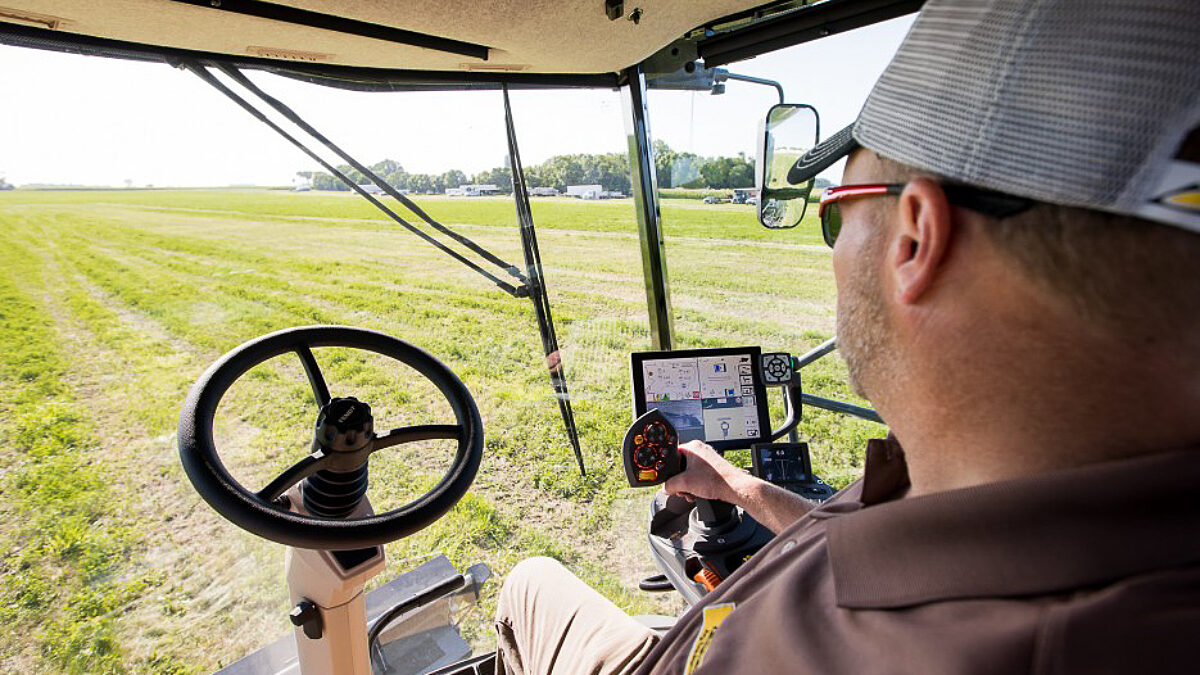Senate Committee to Consider Precision Ag Bill
TOPICS
Rural BroadbandErin Anthony
Director, Communications

photo credit: AFBF Photo, Philip Gerlach
Erin Anthony
Director, Communications
The Senate Commerce Committee on Wednesday will mark up Farm Bureau-supported legislation that will help close rural America’s digital divide by creating a task force to focus on the needs of precision agriculture.
The Precision Agriculture Connectivity Act of 2018 (S. 2343) would create a task force to bring together public and private stakeholders to evaluate current programs affecting broadband internet access on cropland and ranchland; identify and measure existing gaps in coverage; and develop policy recommendations to address that gap. The task force is also responsible for developing specific steps the Federal Communications Commission, USDA and other federal agencies can take to address gaps in coverage.
Farmers and ranchers rely on data every day to grow more food, fuel and fiber than ever before while lessening their environmental impact, American Farm Bureau Federation President Zippy Duvall noted in a Jan. 25 letter of support to the bill’s sponsors, Sens. Roger Wicker (R-Miss.) and Amy Klobuchar (D-Minn.).
“Today’s farmers and ranchers are using precision agricultural techniques to make decisions that impact the amount of fertilizer they need to purchase and apply to the field, the amount of water needed to sustain the crop, and the amount and type of herbicides or pesticides they may need to apply,” Duvall wrote.
While FCC data shows that 39 percent of rural Americans lack access to minimum broadband speed service (25 Mbps/3 Mbps), compared to only 4 percent of urban Americans, there is no information about connectivity on cropland and rangeland.
“Bringing together the U.S. Department of Agriculture, the FCC and public and private stakeholders to address the needs of precision agriculture ensures current and future generations of farmers and ranchers will have the technology needed to maintain our food security and manage resources efficiently,” Duvall said in the letter.
AFBF is part of the Ag Broadband Coalition, which strongly supports passage of the Precision Agriculture Connectivity Act of 2018.
Trending Topics
VIEW ALL